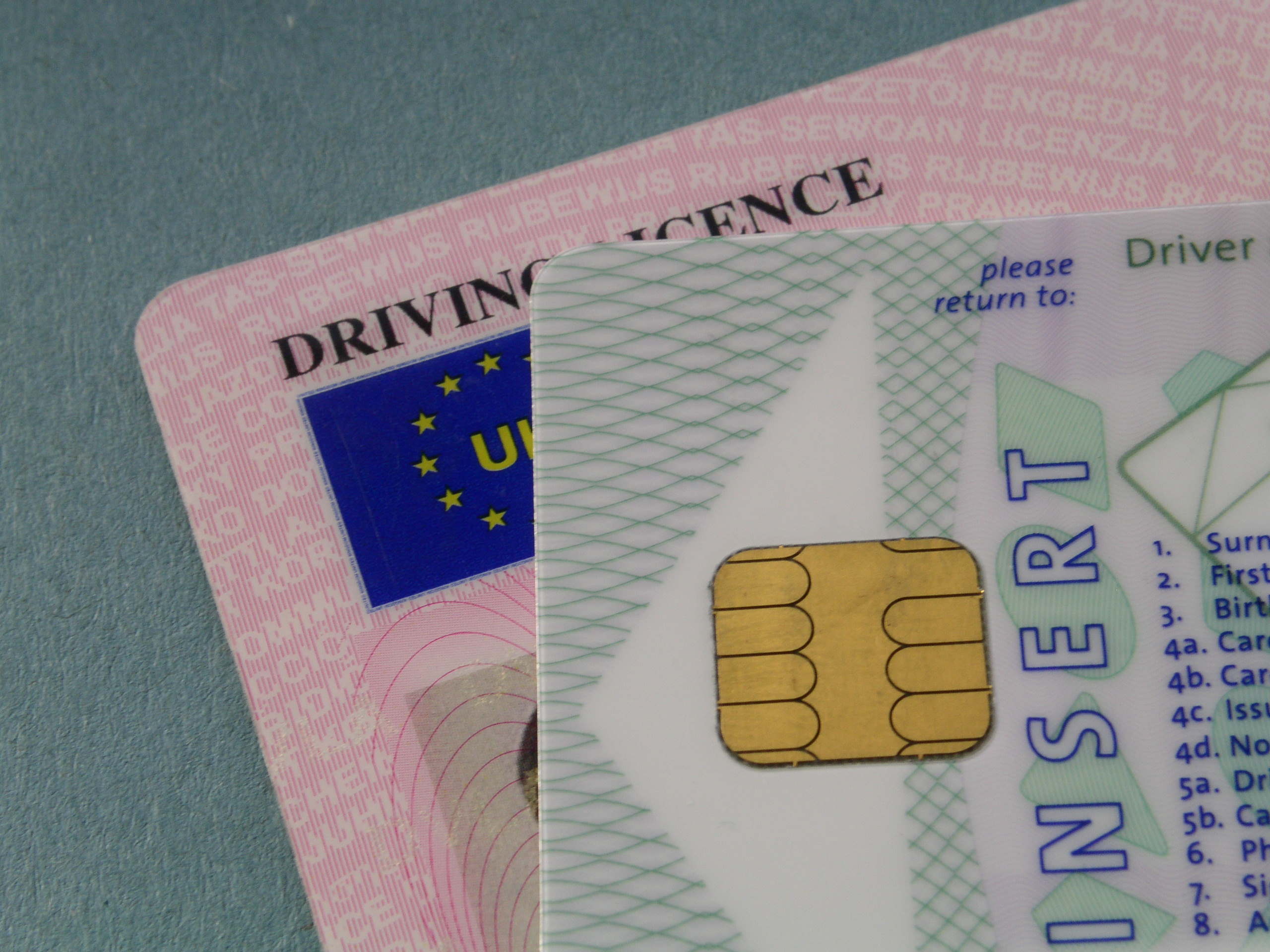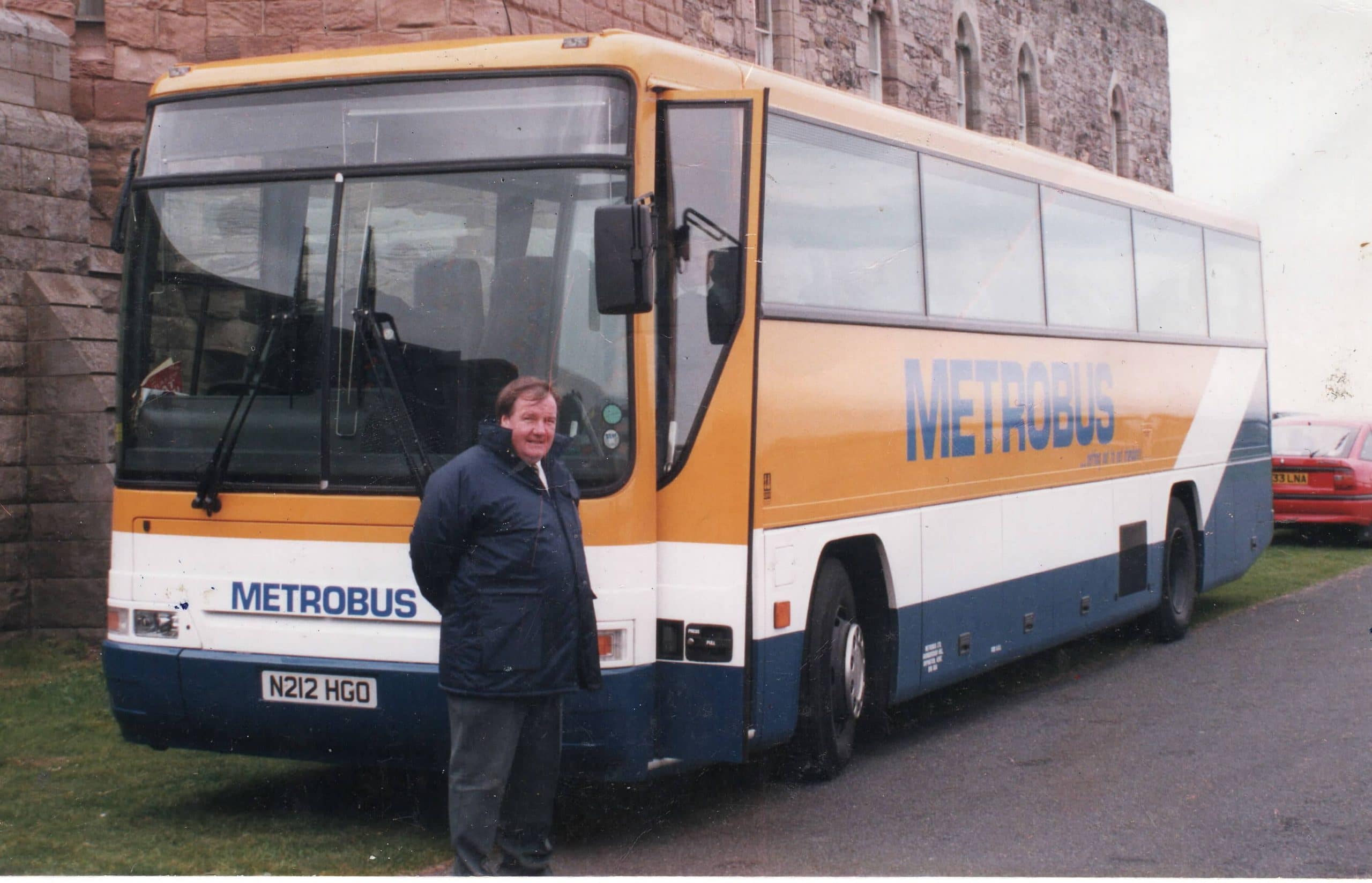On 20 August, amendments to EU drivers’ hours regulations came into effect. Croner-i looks at the key changes and how coach operators will be affected
Amendments to the EU Drivers’ Hours Regulations came into effect on 20 August 2020 which aim broadly to improve conditions for commercial drivers travelling on long distance jobs. These new changes are likely to affect most operators in one way or another and, while more of the changes apply directly to HGV operators, coach operators should certainly also take note. Croner-i looks at the key changes.
And for the avoidance of doubt, despite Brexit, the EU Drivers’ Hours Regulations will continue to apply in the UK. This is certainly expected to be the case after the transition period ends on 31 December 2020.
The amended law will also apply in the UK so EU Regulation 2020/1054, which amends EC Regulation 561/2006 (the key existing Drivers’ Hours Regulation) was ratified by the
European Parliament and Council on 15 July 2020, and came into effect in the UK on 20 August 2020.
The amended rules — key changes
New provisions relate to rests and breaks for journeys involving transport by ferry or rail; there is a new rule on driving breaks for double-manned journeys as well as a derogation allowing daily and weekly driving time to be exceeded in certain exceptional circumstances.
The regulation also increases the requirement for drivers on EU-regulated duties to carry tachograph records covering the current day and the previous 28 days to the previous 56 days – however operators should note that this particular requirement does not come into force until 31 December 2024 – for now, the existing 28-day requirement remains in force.
Suitable accommodation for overnight rests
There has long been debate surrounding the suitability of vehicles for drivers to take weekly rest breaks, and the rules have finally been changed to include an outright ban on drivers taking regular weekly rest breaks in vehicles (at present it is still permitted to take a reduced weekly rest break in the vehicle).
The amended regulations specifically state that weekly rest breaks should be taken in “suitable, gender-friendly accommodation with adequate sleeping and sanitary facilities” — and crucially, that the employer of the driver should pay for these facilities.
It is anticipated that the courts will seek to construe the meaning of the term “employer” widely.
Rests and breaks on ferry or rail journeys
The existing provision in relation to drivers taking daily rest periods when they are accompanying a vehicle which is being transported by ferry or train has been amended to provide for reduced weekly rest periods (in addition to the existing provision relating to daily rests) as long as the journey is scheduled for more than eight hours.
The amendment also broadens the specification of sleeping facilities which must be available to drivers to include a sleeper cabin (rather than specifically and only to a bunk or couchette).
It remains the case that rest cannot be interrupted more than twice, and that those interruptions cannot exceed a total of one hour. The relevant text of the now-amended Article 9 is as follows, with the new sections highlighted:
“…where a driver accompanies a vehicle which is transported by ferry or train and takes a regular daily rest period or reduced weekly rest period that period may be interrupted not more than twice by other activities not exceeding one hour in total. During that regular daily rest or reduced weekly rest period, the driver shall have access to a sleeper cabin, bunk or couchette at their disposal”.
Complete records of other work
In a more subtle amendment, the provision relating to the requirement to record as other work any time spent carrying out non-driving activities — as well as to record all periods of availability — has been tightened, with the effect that drivers must ensure that they keep complete records of all other work (including periods of availability).
Records should be kept using record sheets, digital tachograph printouts, or tachograph manual entries.
Double-manned breaks
On double or multi-manned journeys, a driver is now permitted to take 45-minute breaks in a vehicle while it is being driven by another driver, provided that the driver taking the break is not involved in assisting the driver driving the vehicle (for example, by map-reading).
In addition – for a break to be valid – the driver cannot be engaged in any other work — so the driver taking a break will not be in a position to assist with passengers during the period of the break.
Returning home every four weeks
Although rare for passenger tours to exceed four weeks, both PSV and haulage operators should take note that there is a new rule which is arguably the most “game changing” of the amendments. It requires transport undertakings to schedule work in a way which enables all drivers to return to the operating centre at which they are normally based at least once within each period of four consecutive weeks. This is so that that they can take at least one regular weekly rest period (or a longer period if compensatory rest is due) at their home or place of residence.
The provisions are similar to those that already exist which allow drivers to exceed 4.5 hours’ driving before taking a break in exceptional circumstances. As with the existing Article 12 exemption, drivers may only take advantage of the new provisions if there is no risk that road safety would be jeopardised by them doing so.
The two versions of the derogation are that:
· drivers may exceed the daily and weekly driving time by up to one hour in order to reach the operating centre or their place of residence to take a weekly rest
· drivers may exceed the daily and weekly driving time by up to two hours in the same circumstances, provided that they have taken an uninterrupted break of 30 minutes immediately prior to any additional driving.
Where drivers do need to avail themselves of this derogation, they will need to compensate by adding an equivalent period of rest with any other rest period by the end of the third week after the week in question.
Transport undertakings are required to retain documents evidencing how they meet these obligations.
EU to provide list of safe parking areas
Another change requires the European Commission itself to ensure that information relating to safe and secure parking areas is easily accessible to drivers.
The EC will publish and maintain a list (which will be available on an official website) of certified parking places.
Operators – which are the next steps to ensure compliance?
As with any change in the law, the first step is for operators to ensure that they are familiar with the changes and take a view quickly on how those changes will affect them and what, if any, operational systems need to be revised.
The following points are key to ensuring drivers’ hours and tachograph compliance.
1. Make sure that all relevant staff have a complete understanding of the rules and their application.
2. Ensure proper scheduling so that work can be completed lawfully.
3. Have in place a system for regular downloads of vehicle and driver data (and/or the review of analogue charts).
4. Have in place a reliable and up-to-date system for tachograph analysis (and run the analysis regularly).
5. Carry out thorough responsive investigations on reported infringements and take meaningful and proportionate action to non-compliance whether by drivers and/or the traffic office
Previous Croner-i columns in routeone have looked at drivers’ hours on rail replacement services.


























